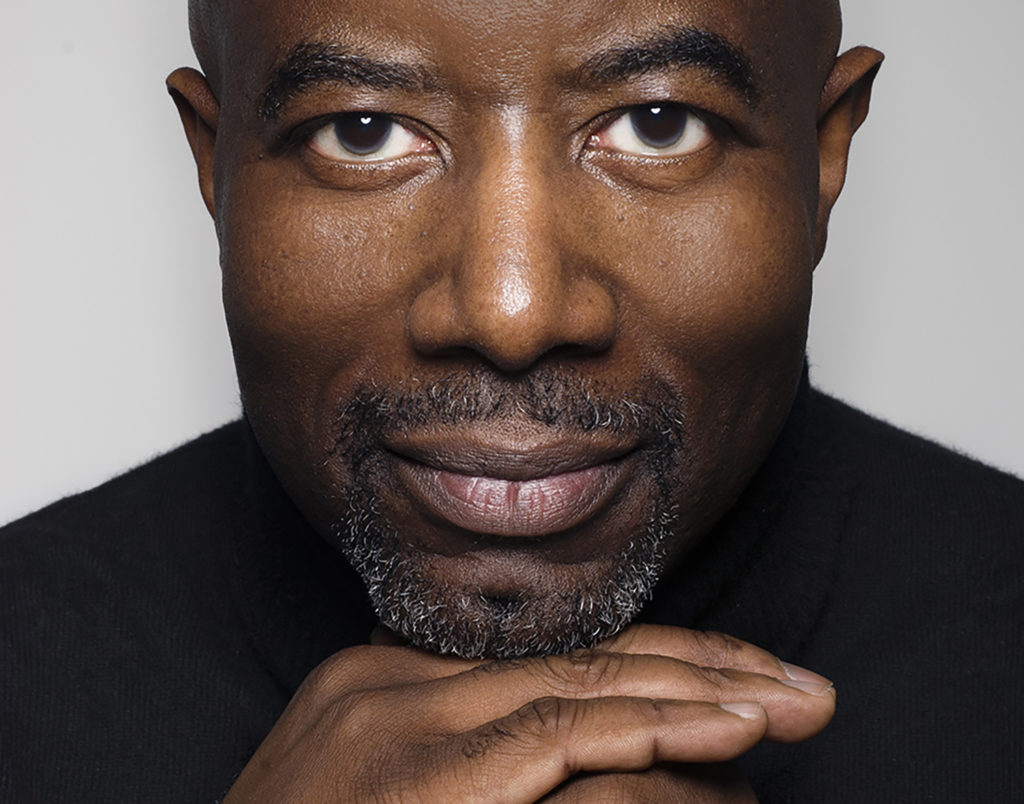
Why It’s Hard To Discuss Racism
A while ago, some friends were visiting from America and wanted to meet for dinner. Since it was their first-time visiting Japan, they wanted to try some of my favorite Japanese foods and have an authentic experience. I’m from New York but I’ve lived in Japan for the last four years and have fallen in love with the culture, lifestyle and yes, the food.
For dinner, I took my friends to a non-touristy spot with amazing selections of Japanese food but when it came time to place our orders, my friends asked for something that was not on the menu, chicken teriyaki. I’ve witnessed situations like this time after time and when it comes to decisions (or discussions) outside our comfort zone very often we stick with what we know.
It’s hard to try eating something you’re not accustomed to and it’s hard to discuss or understand being treated differently based on the color of one’s skin if you have not experienced it first-hand. Racism is not a comfortable topic to discuss because it hits at our core and makes us look deep inside ourselves. For some it can be a complex issue and easier to simply ignore. This behavior is something (Samuelson & Zeckhauser, 1988) attributes to the status quo bias.
Last week, I published my weekly photography podcast which has focused on the art of photography for the past 163 episodes. However, with the current state of the world, I could not make the 164th episode of the Master Your Lens podcast about photography, it had to address a bigger world issue.
COVID-19 vs Protesting
When I was seven years old, my family moved from Brooklyn, New York to Columbia, South Carolina where, for the first time, I experienced racism firsthand. That was fifty years ago and still, today, the issue of racism plagues America. Even as the world fights a global pandemic that has brought much of the world to a stand-still, many would rather risk catching COVID-19 in order to protest against an older virus that seems to have no cure.
In the 1960’s, the declaration of the day was I AM A MAN. Photographs of protesters during that time period show predominately African Americans marching for equality. In contrast, today people of all backgrounds march together, united in protest to open dialog that brings about action to end racism.
So how do we turn things around and begin having meaningful conversations about racism that lead to lasting solutions? When it comes to things we don’t understand, it’s comfortable to stay with what we know but we only grow when step outside of our comfort zone. I believe change first begins with empathetic listening and taking to heart the lesson of the golden rule.
You can see Matthew’s work at MatthewJordanSmith.com, and keep up with him on Instagram and Twitter. And be sure to subscribe to his podcast, Master Your Lens.




